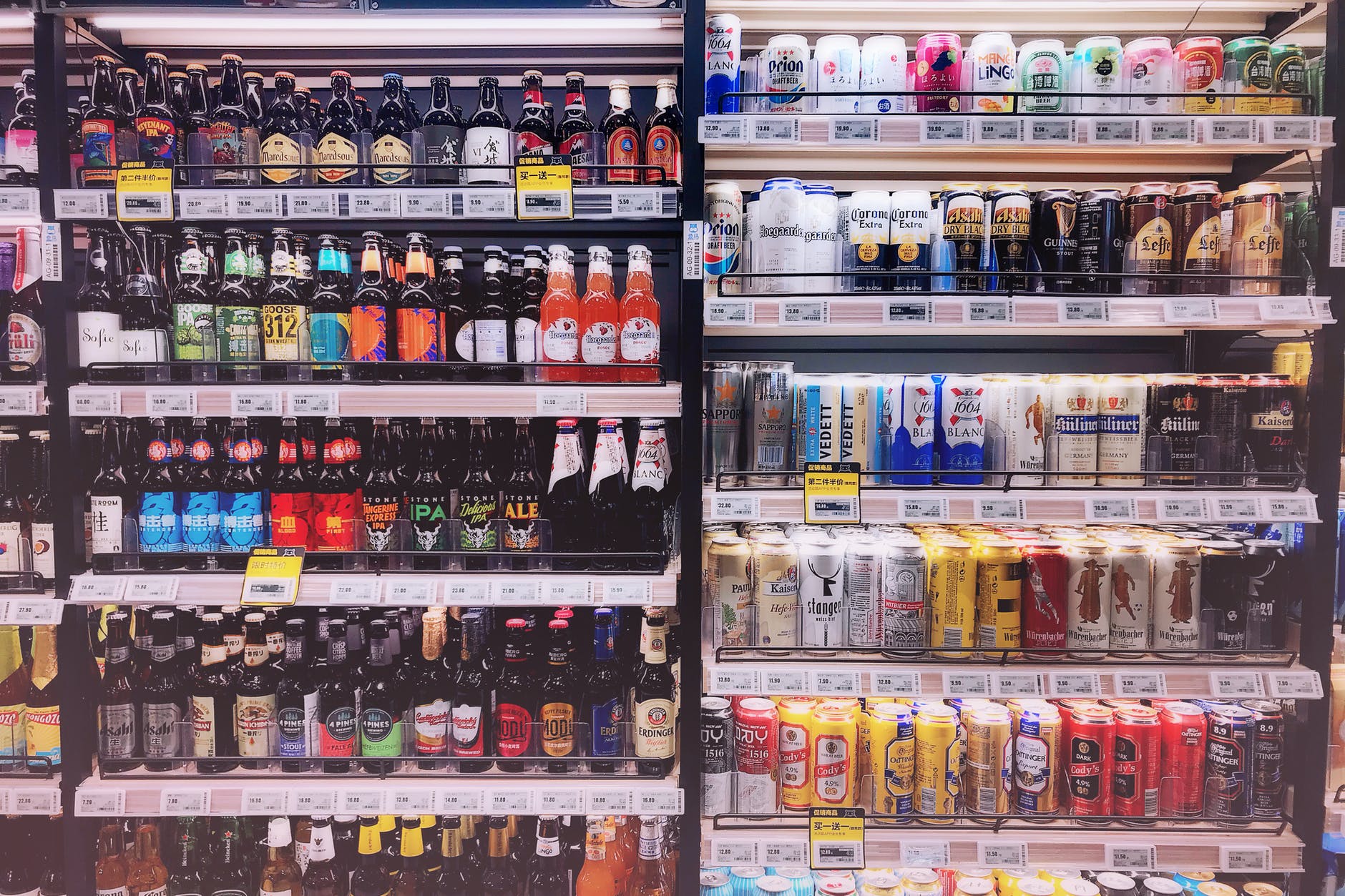As Asia’s economies, earnings, and spending develop, demand for imported, higher-quality, and healthier beverages grows at a rapid pace.
Soft Drinks
The region’s rising nations, such as China and Malaysia, will dominate soft drink demand in the next years, with sales of about US$41 billion and US$1.8 billion, respectively, in 2021.
High-income economies such as Singapore, Taiwan, and Hong Kong, on the other hand, will continue to be steady sources of demand, particularly for higher-quality goods. In 2020, sales in these markets will total more than $7 billion dollars.
Demand is changing away from high-sugar beverages and toward new tastes and health-focused beverages that help people achieve their lifestyle goals. Similarly, more people are looking for sports and energy beverages that allow them to live what they consider to be a high-energy, healthy modern lifestyle. This is especially true among the region’s megacities’ young, urbane, and well-educated consumers.
Juice
With similar per capita incomes, demand for juice in China and Malaysia remains concentrated on well-known kinds and lower-priced options, but demand for high-quality, health-oriented, and organic options is growing. Consumers in wealthier regions, such as Singapore and Hong Kong, are already exhibiting strong demand for higher-priced, health-focused products, since they are less price sensitive and place a higher importance on maintaining a healthy lifestyle.
Although native juices like mango and pineapple dominate Asia’s juice market, demand for’super food’ juices, organics, berries, and other drinks from outside the region is fast increasing.
In Asia, juice sales are expected to reach about US$27 billion in 2021, with a CAGR of nearly 6% through 2025.
Coffee & Tea
Japan leads the way with $34.45 billion in coffee sales in 2020, and growth is expected to continue. China is now the world’s second-largest coffee market ($14.25 billion), having recently surpassed South Korea ($12.6 billion) and growing at a double-digit rate year over year.
Indonesia will soon overtake South Korea and go head-to-head with China as the world’s largest coffee drinkers, thanks to its large population, room for economic expansion, and a CAGR of about 11% in coffee sales.
In Taiwan, convenience reigns supreme. It is a well-rounded high-growth market for coffee companies of all types, with a CAGR of 7.31 percent and rising demand for fresher coffees and a tailored drinking experience.
Consumers in Singapore, Hong Kong, and Macau are already accustomed to drinking a hot cup of coffee in the morning, so any coffee businesses that offer high-quality, novelty, or both will find success. These coffee markets are far from saturated, with yearly growth rates of more than 5%.
Malaysia, with a population larger than Taiwan but a GDP comparable to China, is an often-overlooked opportunity for Asian coffee manufacturers. Its $1.1 billion market has plenty of room for expansion and is open to new brands, thanks to its proximity to Singapore, English-speaking population, and over 7% annual growth in coffee sales.
Alcohol
Alcohol sales are increasing in Asian markets. The alcohol and beer markets in China are respectively worth around US$130 billion and $60 billion. Foreign alcohol brands are in more demand in Asia’s wealthier markets, such as Japan, South Korea, Taiwan, Singapore, Hong Kong, and Macau.
Young urban consumers are leading the way in the growth of whiskey, more flavorful beers, wine, low-alcohol, and alcopop beverages.
Because the majority of Asia’s customers in emerging economies are still young, and those in more mature markets enjoy stable income growth and increased discretionary income, the future for beverages in Asia is bright at least until 2030 and likely beyond. Beverage companies who are ready to enter the market—and make the necessary investments—within the next several years will be well-positioned to benefit from this expansion.



